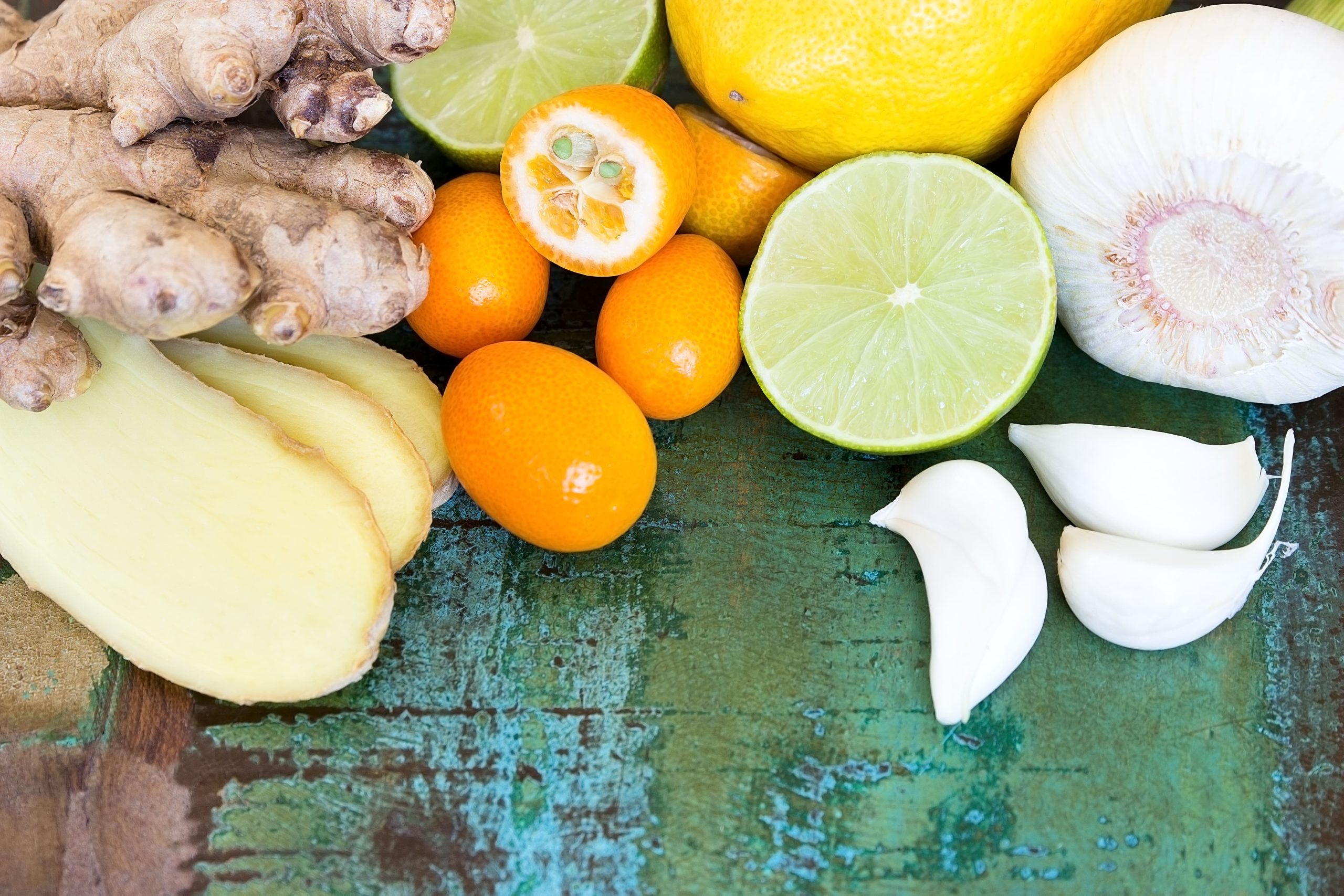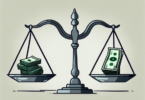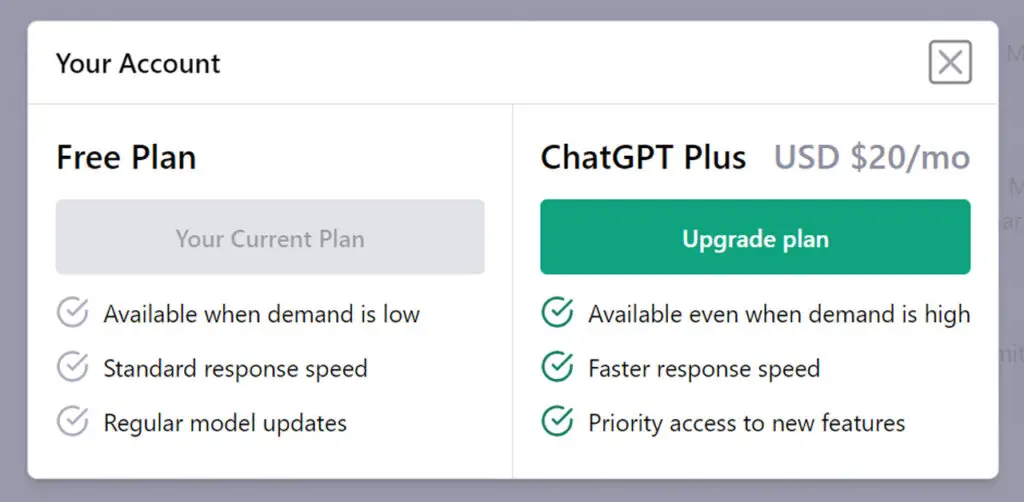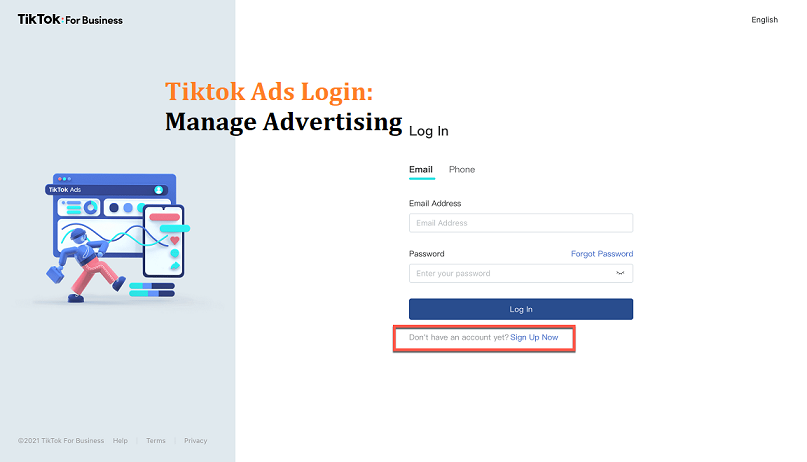Discover effective home remedies for high blood pressure, including lifestyle changes, diet modifications, stress management techniques, and more. Learn about the key factors contributing to high blood pressure and how to identify symptoms.
Understand the importance of regular monitoring and consultation with healthcare professionals. Empower yourself with comprehensive knowledge to take control of your blood pressure and improve your overall well-being.
What is High blood pressure
Key Facts to Know About High Blood Pressure
Causes of High Blood Pressure
High blood pressure can have several causes, including genetics, age, obesity, lack of physical activity, unhealthy diet (high in sodium and low in potassium), excessive alcohol consumption, stress, and certain medical conditions.
Risk factors of Hypertension
Certain factors can increase the risk of developing high blood pressure, such as family history, age (risk increases with age), being overweight or obese, lack of physical activity, smoking, excessive sodium intake, chronic conditions (e.g., diabetes, kidney disease), and certain medications.
Symptoms of High Blood Pressure
High blood pressure is often referred to as the “silent killer” because it typically doesn’t cause noticeable symptoms. However, some people may experience symptoms such as headaches, shortness of breath, nosebleeds, chest pain, or dizziness in severe cases.
Complications of Hypertension
If left uncontrolled, high blood pressure can lead to serious complications, including heart disease, stroke, kidney problems, vision loss, sexual dysfunction, and aneurysms.
How to Diagnose High Blood Pressure
High blood pressure is diagnosed by measuring blood pressure using a sphygmomanometer, which consists of an inflatable cuff and a pressure gauge. Multiple readings may be taken to confirm the diagnosis.
High Blood Pressure Treatment
Treatment for high blood pressure typically involves lifestyle modifications and, in some cases, medication. Lifestyle changes may include a healthy diet (such as the DASH diet), regular exercise, weight management, limiting alcohol consumption, reducing sodium intake, and managing stress.
Monitoring
People with high blood pressure are advised to monitor their blood pressure regularly at home using a blood pressure monitor. This helps to track their progress and ensure that blood pressure remains within a healthy range.
How to prevent High Blood Pressure
Adopting a healthy lifestyle and managing risk factors can help prevent or control high blood pressure. This includes maintaining a healthy weight, being physically active, eating a balanced diet, limiting salt intake, avoiding smoking, moderating alcohol consumption, and managing stress.
Home Remedies for High Blood Pressure
- Exercise Regularly
- Follow A Healthy Diet
- Reduce Sodium Intake
- Maintain A Healthy Weight
- Limit Alcohol Consumption
- Manage Stress
- Get Enough Sleep
- Quit Smoking
Exercise regularly
Engage in moderate aerobic exercise for at least 150 minutes per week or as advised by your doctor. Activities like brisk walking, swimming, cycling, or dancing can help improve cardiovascular health and lower blood pressure.
Follow a Healthy Diet
Adopt the Dietary Approaches to Stop Hypertension (DASH) eating plan, which emphasizes fruits, vegetables, whole grains, lean proteins, and low-fat dairy products. Limit your intake of sodium, saturated fats, trans fats, and cholesterol. Incorporate potassium-rich foods like bananas, oranges, spinach, and sweet potatoes.
Reduce Sodium Intake
Limit your sodium consumption by avoiding processed and packaged foods, as they tend to be high in sodium. Read food labels and opt for low-sodium alternatives. Instead, flavor your meals with herbs, spices, and natural seasonings.
Maintain a Healthy Weight
Losing excess weight can significantly lower blood pressure. Adopt a balanced diet and engage in regular physical activity to achieve and maintain a healthy weight range.
Limit Alcohol Consumption
Excessive alcohol intake can raise blood pressure. Men should limit alcohol to two drinks per day, while women should limit to one drink per day. It’s advisable to consult with a healthcare professional regarding alcohol consumption based on individual circumstances.
Manage Stress
Chronic stress can contribute to high blood pressure. Incorporate stress-management techniques into your routine, such as deep breathing exercises, meditation, yoga, or engaging in hobbies and activities you enjoy.
Get Enough Sleep
Aim for 7-8 hours of quality sleep each night. Poor sleep or sleep disorders can affect blood pressure levels. Establish a regular sleep routine and create a comfortable sleep environment.
Monitor your Blood Pressure at Home
Use a home blood pressure monitor to track your blood pressure regularly. Keep a record of your readings and share them with your healthcare provider to assess your progress.
Quit Smoking
Smoking can raise your blood pressure and damage your blood vessels. Quitting smoking is beneficial for overall cardiovascular health. Seek support from healthcare professionals, support groups, or cessation programs to quit smoking successfully.
How to Know you Have High Blood Pressure
Headaches
While headaches are a common symptom for many conditions, persistent or severe headaches, especially in the morning, could be a sign of high blood pressure.
Dizziness or lightheadedness
Feeling dizzy or lightheaded without any apparent cause may be associated with high blood pressure. It is important to note that there are several other potential causes for these symptoms.
Blurred Vision
High blood pressure can affect the blood vessels in the eyes, leading to vision changes or blurred vision.
Chest Pain
Although high blood pressure itself may not cause chest pain, it can contribute to the development of heart disease, which may present as chest pain or discomfort.
Shortness of Breath
If high blood pressure leads to heart failure or affects the heart’s ability to pump blood effectively, it can result in shortness of breath, especially during physical activity or when lying flat.
Nosebleeds
While nosebleeds can occur for various reasons, they can sometimes be associated with high blood pressure, particularly when they are frequent and spontaneous.
Common Diet to Combat High Blood Pressure
- Fruits and vegetables: Include a variety of fruits and vegetables in your diet. They are rich in essential nutrients, fiber, and antioxidants. Aim for around 4-5 servings of fruits and vegetables per day.
- Whole grains: Opt for whole grains instead of refined grains. Whole grains like whole wheat, brown rice, oats, quinoa, and whole grain breads provide more fiber and nutrients. Aim for 6-8 servings of whole grains per day.
- Lean proteins: Choose lean sources of protein such as skinless poultry, fish, legumes (beans, lentils, chickpeas), and tofu. Limit red meat intake and opt for lean cuts when consumed. Aim for 2-3 servings of lean protein per day.
- Low-fat dairy products: Include low-fat or fat-free dairy products like milk, yogurt, and cheese. These are sources of calcium and other essential nutrients. Aim for 2-3 servings of low-fat dairy per day.
- Nuts, seeds, and healthy fats: Incorporate unsalted nuts (e.g., almonds, walnuts), seeds (e.g., flaxseeds, chia seeds), and healthy fats (e.g., avocados, olive oil, canola oil) in moderation. These provide healthy fats and important nutrients.
- Limit sodium intake: Reduce your sodium consumption by avoiding processed and packaged foods, which tend to be high in sodium. Be mindful of adding salt while cooking or at the table. Opt for natural herbs, spices, and salt-free seasoning blends to enhance flavor.
- Limit added sugars and sweets: Minimize your intake of sugary beverages, candies, sweets, and desserts. Opt for healthier alternatives like fresh fruit for sweetness.
- Moderation in alcohol consumption: Limit your alcohol intake. Men should aim for no more than two drinks per day, and women should aim for no more than one drink per day.
FAQ about High Blood Pressure
What is considered high blood pressure?
High blood pressure is typically defined as having a systolic pressure of 130 mm Hg or higher, or a diastolic pressure of 80 mm Hg or higher.
What are the risk factors for developing high blood pressure?
Risk factors include a family history of high blood pressure, age (risk increases with age), obesity, lack of physical activity, unhealthy diet, excessive alcohol consumption, smoking, chronic conditions (e.g., diabetes, kidney disease), and certain medications.
Can high blood pressure cause symptoms?
High blood pressure is often referred to as the “silent killer” because it usually does not cause noticeable symptoms. However, in severe cases, some people may experience symptoms such as headaches, shortness of breath, nosebleeds, chest pain, or dizziness.
What complications can arise from untreated high blood pressure?
Untreated high blood pressure can lead to serious complications, including heart disease, stroke, kidney problems, vision loss, sexual dysfunction, and aneurysms.
How is high blood Pressure Diagnosed?
High blood pressure is diagnosed by measuring blood pressure using a sphygmomanometer, which consists of an inflatable cuff and a pressure gauge. Multiple readings may be taken to confirm the diagnosis.
What Lifestyle Changes Can Help Manage High Blood Pressure?
Lifestyle modifications that can help manage high blood pressure include adopting a healthy diet (such as the DASH diet), engaging in regular physical activity, maintaining a healthy weight, limiting alcohol consumption, reducing sodium intake, managing stress, and quitting smoking.
When is medication necessary for high blood pressure?
Medication for high blood pressure may be prescribed if lifestyle modifications alone are not sufficient to control blood pressure or if blood pressure is at a severe level. The decision to start medication is made based on various factors and should be determined by a healthcare professional.
Can high blood pressure be prevented?
While certain risk factors for high blood pressure cannot be changed (e.g., family history, age), adopting a healthy lifestyle can help prevent or manage high blood pressure. This includes maintaining a healthy weight, being physically active, eating a balanced diet, limiting salt intake, avoiding smoking, moderating alcohol consumption, and managing stress.
How often should blood Pressure be Monitored?
People with high blood pressure are often advised to monitor their blood pressure regularly at home using a blood pressure monitor. The frequency of monitoring may vary depending on individual circumstances, but it is typically recommended to check it at least once a day or as directed by a healthcare professional.
Remember, it is important to consult with a healthcare professional for personalized advice and treatment options specific to your condition.
YOU MAY ALSO READ>>> Chris Hani Baragwanath Nursing College Student Portal | Login Here
Conclusion
In conclusion, home remedies can be valuable additions to medical treatments for managing high blood pressure. By adopting a healthy lifestyle, including regular exercise, a balanced diet, stress management, and other self-care practices, you can play an active role in controlling your blood pressure.
It’s important to remember that these remedies should complement professional medical advice and treatment. Regular monitoring, maintaining a healthy weight, and avoiding smoking and excessive alcohol consumption are also key factors in managing high blood pressure.
By staying informed and working closely with healthcare professionals, you can take proactive steps towards better blood pressure control and overall health.







